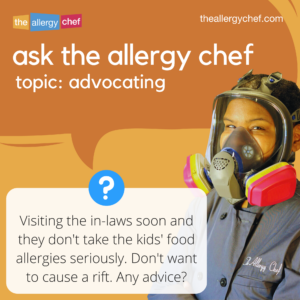Hello. In a few weeks we’re going to be taking our annual trip to visit the in-laws. They don’t take our kids’ food allergies seriously. I don’t want to cause a rift in the family, but I also don’t want my kids to suffer. Any advice?
You are in a tough spot for sure. One thing I always suggest is to communicate in advance and make sure you’ve said things in such a way to really help people GET IT. For example, don’t say, “he’s a little allergic to apples, we’ll be OK.” That statement is somewhat dismissive of the seriousness of the matter. Instead, say “he has a life threatening allergy to apples. Even a small amount could send him to the ER.”
When we give people something intense to picture, they’re more likely to take it seriously.
Your next step will be to determine what will need to happen in order for you to feel your child will be safe. Communicate your child’s needs in writing, and copy in whoever makes sense. Ask them to respond that they’ve received it, and encourage them to ask questions. Your email should include pictures of safe packaged foods including the label, as well as things that are a hard no. This is for those who insist on feeding him. You should also clearly outline what’s off the menu too. Don’t be vague and say “milk” if that were one of the allergies. Instead, say “all milk products including butter, milk, cream, and yogurt”. People without food allergies might not make the connection between an allergen and how/where it’s used.
Communicate with your husband since these are his parents. Make your needs known, as well as the needs of your children, so you’re on the same page. Go over some historical events, and possible scenarios so he’s ready to jump in. Make sure he knows what to do in these potentially uncomfortable situations, and what to be on the look out for. Your life will be much easier if he’s the one putting a foot down.
In some situations, food free events are the only option to keeping the peace. This might mean showing up late to an event when you know everyone is done eating. You’ll still need to wipe down surfaces, but it’s a lot less mentally exhausting than being there for the entire meal.
Make sure your kids know how to say no. You won’t be with them 24/7, and they’ll need to know how to self advocate. In the case of children under 5, I would not leave them unsupervised if there were malicious relatives around who won’t follow the rules.
Finally, reframe food allergies for your in-laws. Have your husband join you on a call, and he might be the one who needs to say this because it’s so harsh. Ask, “Would you personally eat rat poison or drink bleach?” People get their feathers ruffled at that question. Press on and explain how food allergens ARE a form of poison for your children. It harms them. To knowingly feed it to them is ASSAULT. Don’t shy away from that word because that’s what this is. Make sure It’s been said.
Also, no one is entitled to spend time with you and/or your children, even if they think they are. Have your husband remind them of that. “You know, if you’re not willing to follow the food rules, we won’t be putting our child’s life at risk, and won’t be coming for a visit.”
Below I’ve linked to some additional resources that can help you with this matter. I’m really wishing you all the best, and safe travels.
~The Allergy Chef
Additional Resources
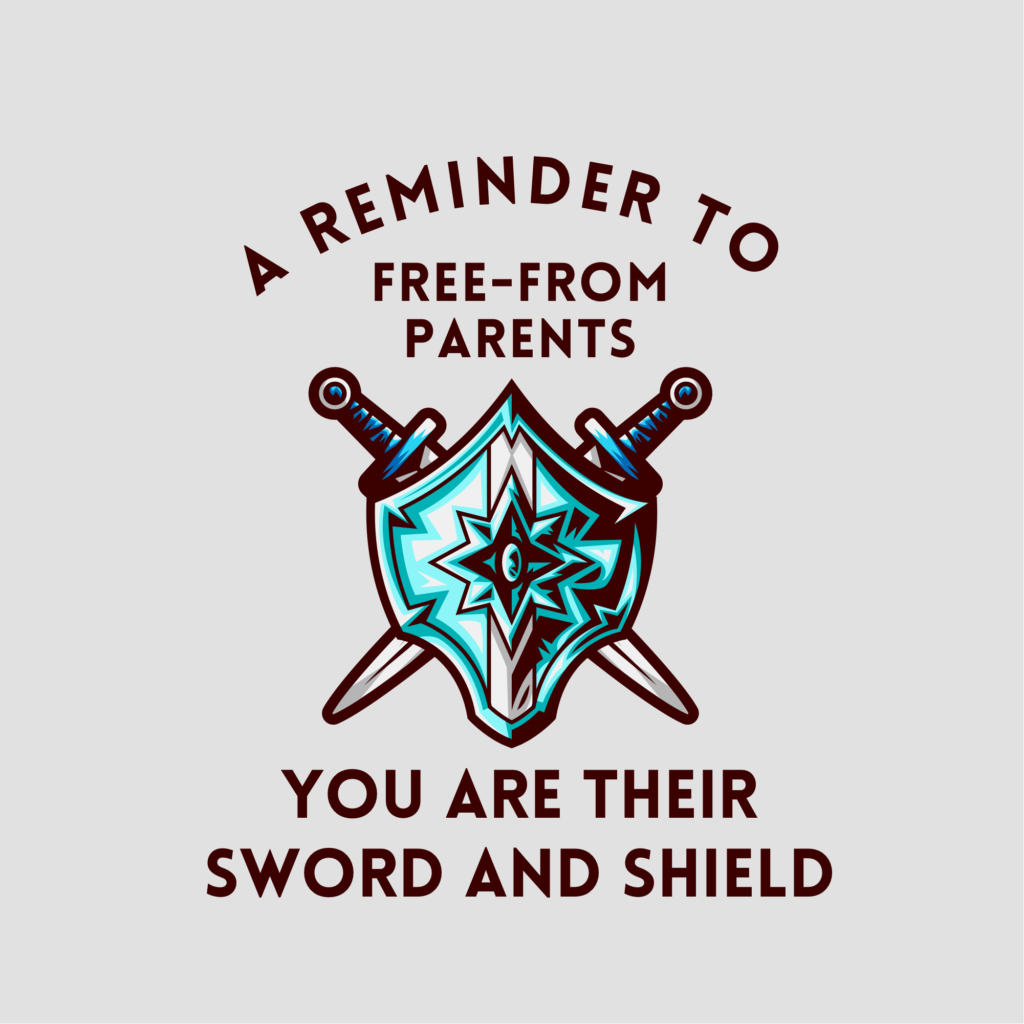 |
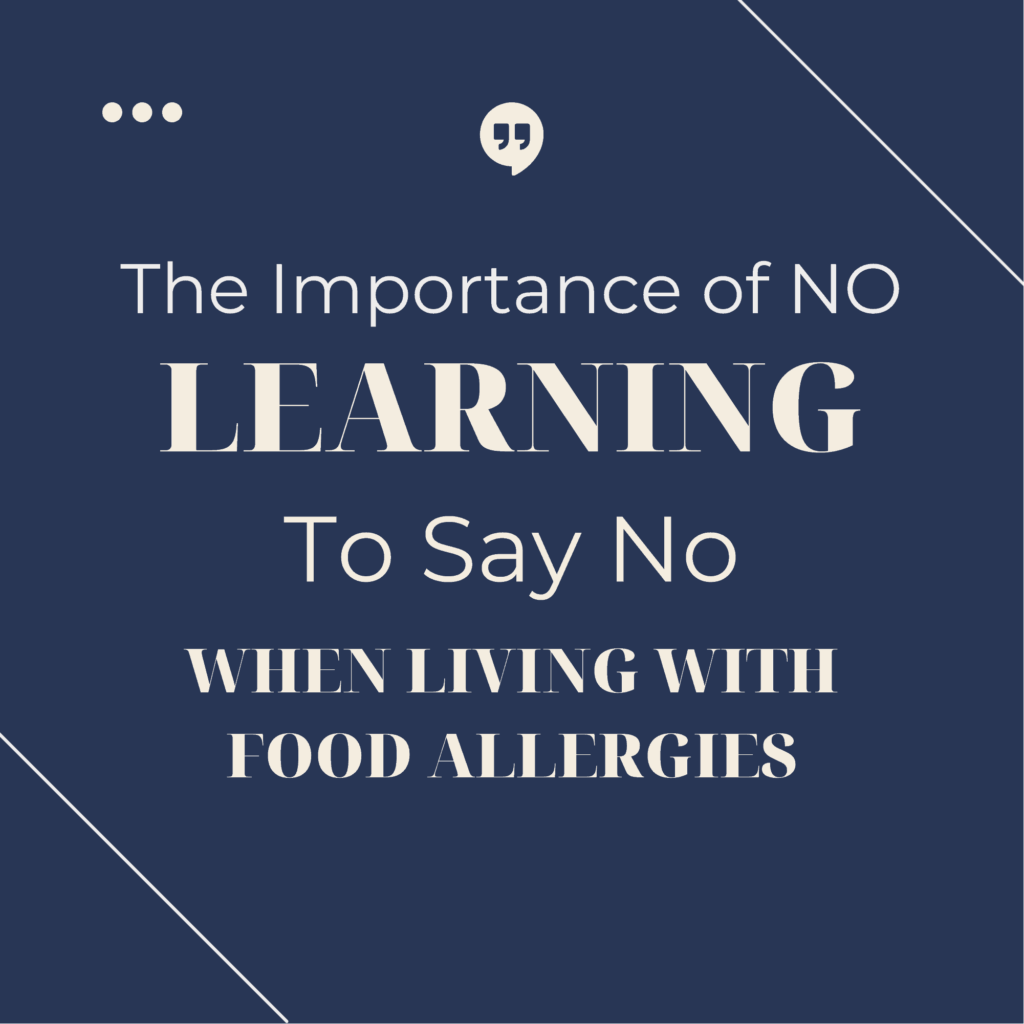 |
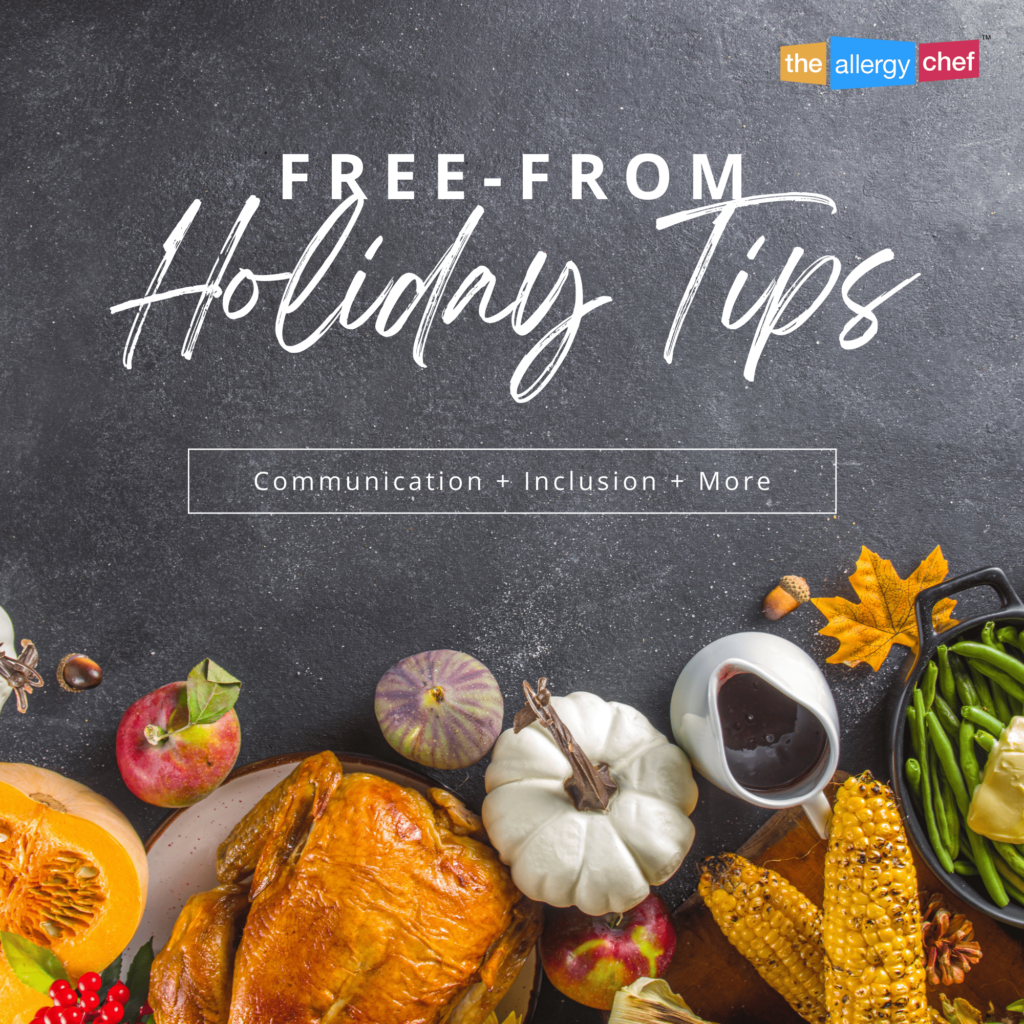 |
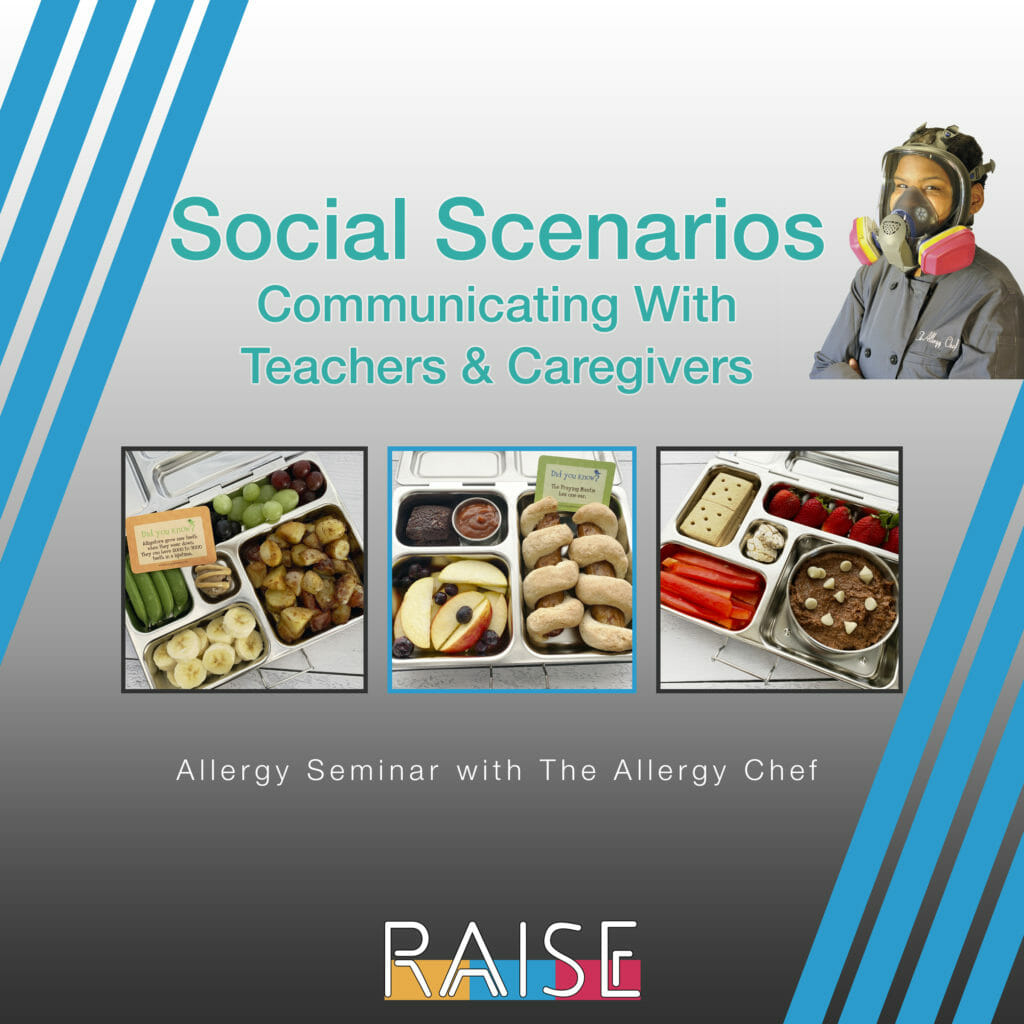 |
Have a question? Send it to ask@theallergychef.com

